Passover, one of the holiest holidays on the Jewish calendar and one centered around home-cooked meals, is typically the busiest time of year for Alex Rapaport. He’s the executive director of the Masbia, a string of kosher soup kitchens and food pantries around New York City.
Normally the need for food doubles during this time of year, Rapaport told TPM.
But as the COVID-19 pandemic has resulted in historic job losses and a spike in hungry New Yorkers, demand has quintupled this season. Almost half of Rapaport’s customers are new, he said — and some are of “a different socio-economic class” than his normal clientele.
Rapaport recalled one new customer, a handyman who fixes and installs home appliances around town. Normally, the man donates to Masbia. But as New Yorkers have socially isolated amid growing infection rates, his business has screeched to a halt. Now, the tables have turned.
“You should see the fire in his eyes when he came to pick up food,” Rapaport said. “He doesn’t even know the bread line etiquette. What do you ask? What do you say?”
The surge at food pantries and soup kitchens in recent weeks represents the sharp edge of the economic crisis that’s been spurred by the COVID-19 pandemic.
With unemployment reaching levels not seen since the Great Depression and an eroded social safety net fraying at the edges, the charity groups that dot New York City have found themselves nearly underwater.
“This is the greatest hunger emergency in modern American times,” said Joel Berg, CEO of Hunger Free America.
Leslie Gordon, the CEO and president of Food Bank for New York City, said her mammoth operation was bracing for an “unprecedented and extreme uptick in need.”
Per city orders, Masbia’s soup kitchens have switched to take-out containers. Its pantries are offering 14 days of groceries instead of the usual three to seven, and it’s started collecting the information of those quarantined at home to use for delivery service. In a recent video appeal for donations, Rapaport, a bespectacled Orthdox community leader, showed one of his soup kitchens stuffed with boxes, having been turned into a miniature warehouse of sorts to keep up with the increased flow of food.
Between the closure of senior centers and schools and the massive expansion of unemployment rolls, food pantries are carrying a mammoth load — and with fewer volunteers as a result of the pandemic.
Food Bank for New York City, which had to temporarily shut down a Harlem location recently after a staffer there tested positive for COVID-19, announced Sunday that it was suspending all volunteer assistance, opting instead for paid temporary workers.
The group said it wanted to maintain a dedicated workforce and a safe environment for its clients. Rapaport, who’s also had to shift to paid temp workers, put it more bluntly.
“The volunteers don’t want to show up,” he said. “And I don’t blame them.”
The supply chain has been similarly affected.
Gordon, of Food Bank for New York City, relayed stories of truck drivers who were hesitant to enter New York City because they were concerned about their health, leading to delays in the supply chain. Masbia’s kosher chicken vendor, in upstate New York, told Rapaport recently that he didn’t know what his production numbers would be because he didn’t know how many slaughterhouse staff would show up to work.
Gordon told TPM she hadn’t yet seen an uptick in prices from wholesalers who are pressed with demand from giant grocers like Amazon and Walmart.
“The operative word is ‘yet,'” she said. “I can see the train coming down the tracks.”
And still, demand keeps growing.
Requests to local 2-1-1 helplines for information about food pantries has at least doubled year-over-year in all 23 states tracked by researchers at the University of Washington in St. Louis. Requests in half of the states tracked increased five-fold. In New Jersey, requests were up 2,200% from March 12-25, compared to the same period last year.
Calls to the USDA’s National Hunger Hotline, which is operated by Berg’s group, “have skyrocketed,” he said.
Rapaport has had to hire security guards to make sure people are keeping an appropriate social distance as his lines stretch around the corner.
“We’re needing bouncers at a food pantry,” he said. “The bread line commandeered the entire block.”
Both he and Gordon called on the National Guard to get involved in warehouse operations, packing meals and delivering them to those under quarantine. “We really need their help now,” Gordon said.
But ultimately, Berg said, there is simply no way the nation’s network of food banks, pantries, and soup kitchens are going to be able to keep up with the demand from out-of-work Americans.
“My biggest worry is the vast disconnect between the extent of the problem and fact that our political system still is not oriented to serving the needs of the most vulnerable,” he said.
Berg predicted the number of SNAP (food stamp) recipients would skyrocket, as it did during the Great Recession. He said the entitlement program was “far more economically efficient than soup kitchens and food pantries,” and analysts have pointed out that the food program provides important counter-cyclical help in recessions.
One bright spot Berg highlighted in the recent congressional stimulus was the Pandemic EBT program, which makes assistance available to kids otherwise eligible for free or reduced lunch at schools that have closed as a result of the pandemic. And Gordon highlighted the recent increase in funds for TEFAP, the Emergency Food Assistance Program, for which the USDA provides food from American farmers to local organizations including food banks.
But as the Food Bank CEO put it, a “one-hit wonder” spell of federal relief measures won’t be enough to weather the coming storm. Both Berg and Gordon said they hoped the federal government would authorize the use of D-SNAP — Disaster SNAP — which loosens requirements on SNAP benefits during emergencies. The Trump administration has so far resisted taking the step.
Rapaport, for his part, said he understood that the COVID-19 pandemic had turned the nation’s attention to its struggling health care system.
“But at some point,” he said, “we’ve got to wake up to the fact that the people who are alive need to be well-nourished.”





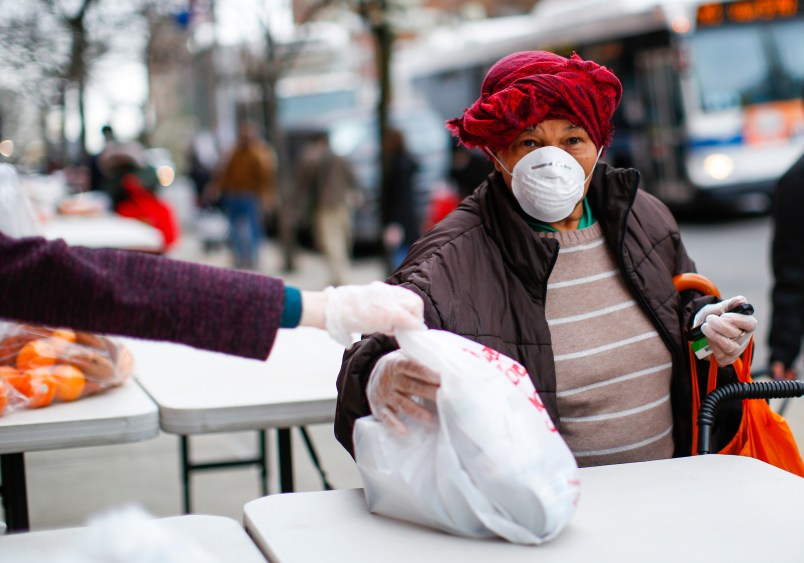

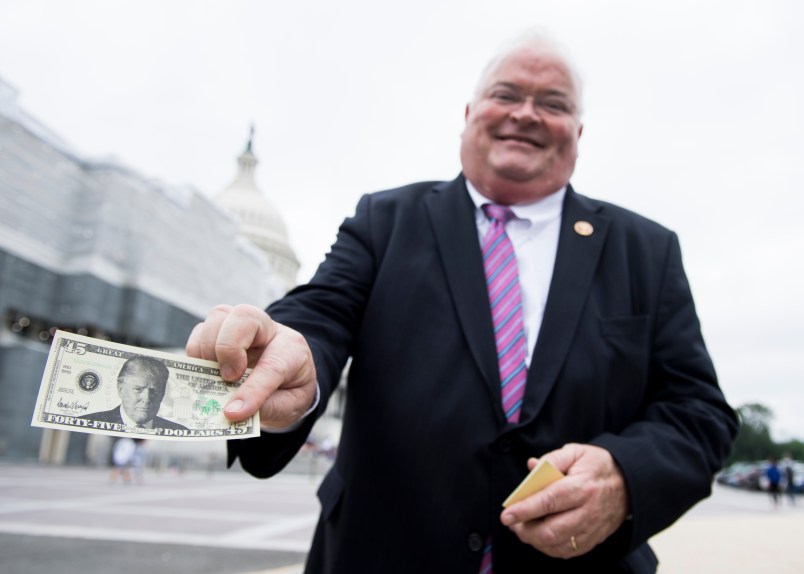
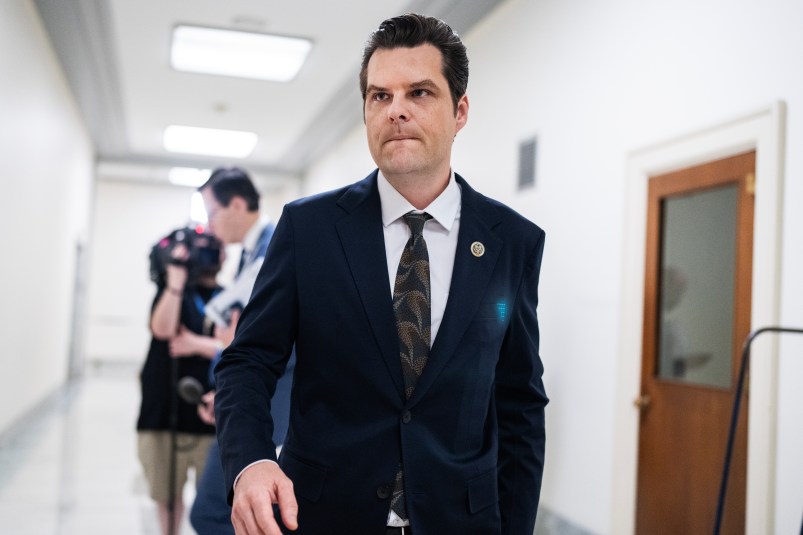
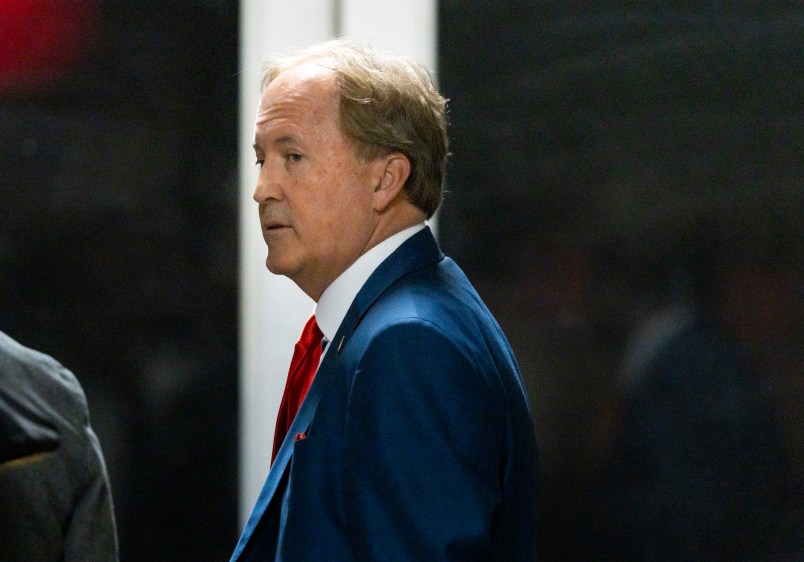
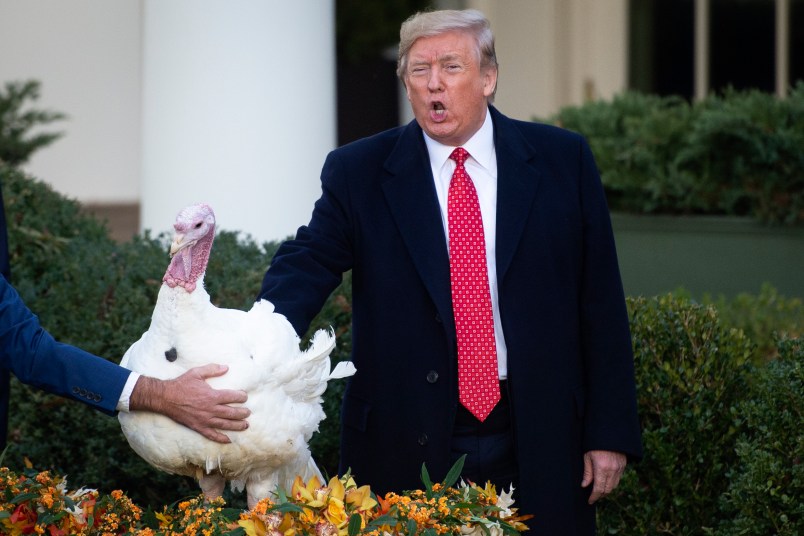
Significant food shortages are part of the package. Plague. It’s hell on earth. It just takes a little longer to boil before burning.
Bless the grocers, for they are lifesavers.
Here in Chicago, the need has skyrocketed, which means more food warehousing space is needed. For volunteer social-distance safety, that space needs to be BIG.
Enter the United Center, the now-empty home of the Black Hawks and Bulls.
Amen. HEB in Texas is well prepared and organized, and I understand they are raising the pay for their workers. Good citizens.
I always let the workers know they are appreciated. If anyone deserves that “thank you for your service” line, it is grocery store clerks.
Sadly Covid19 has become the great equalizer.